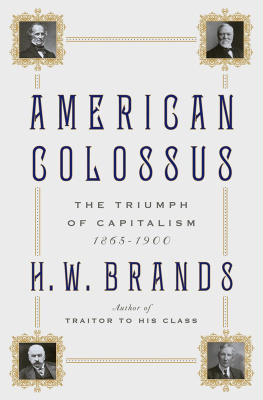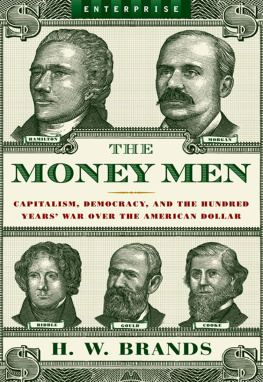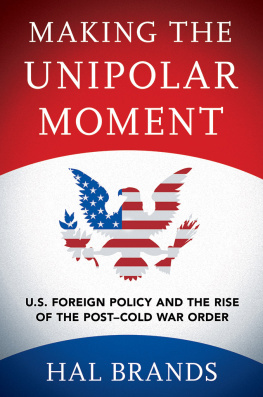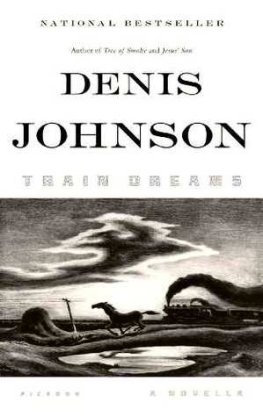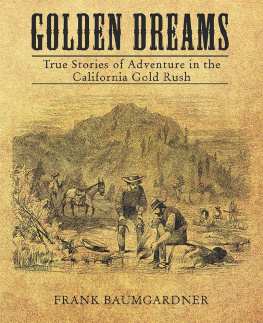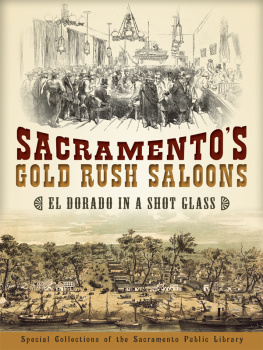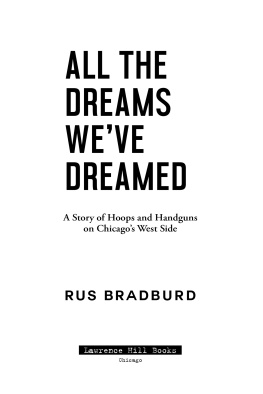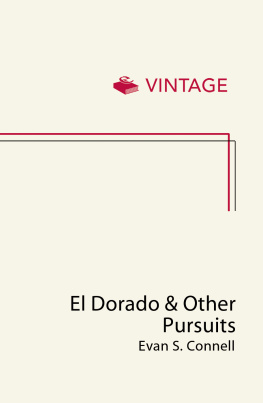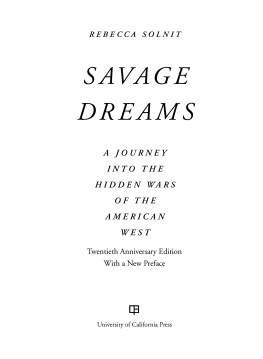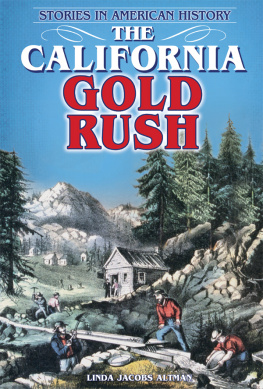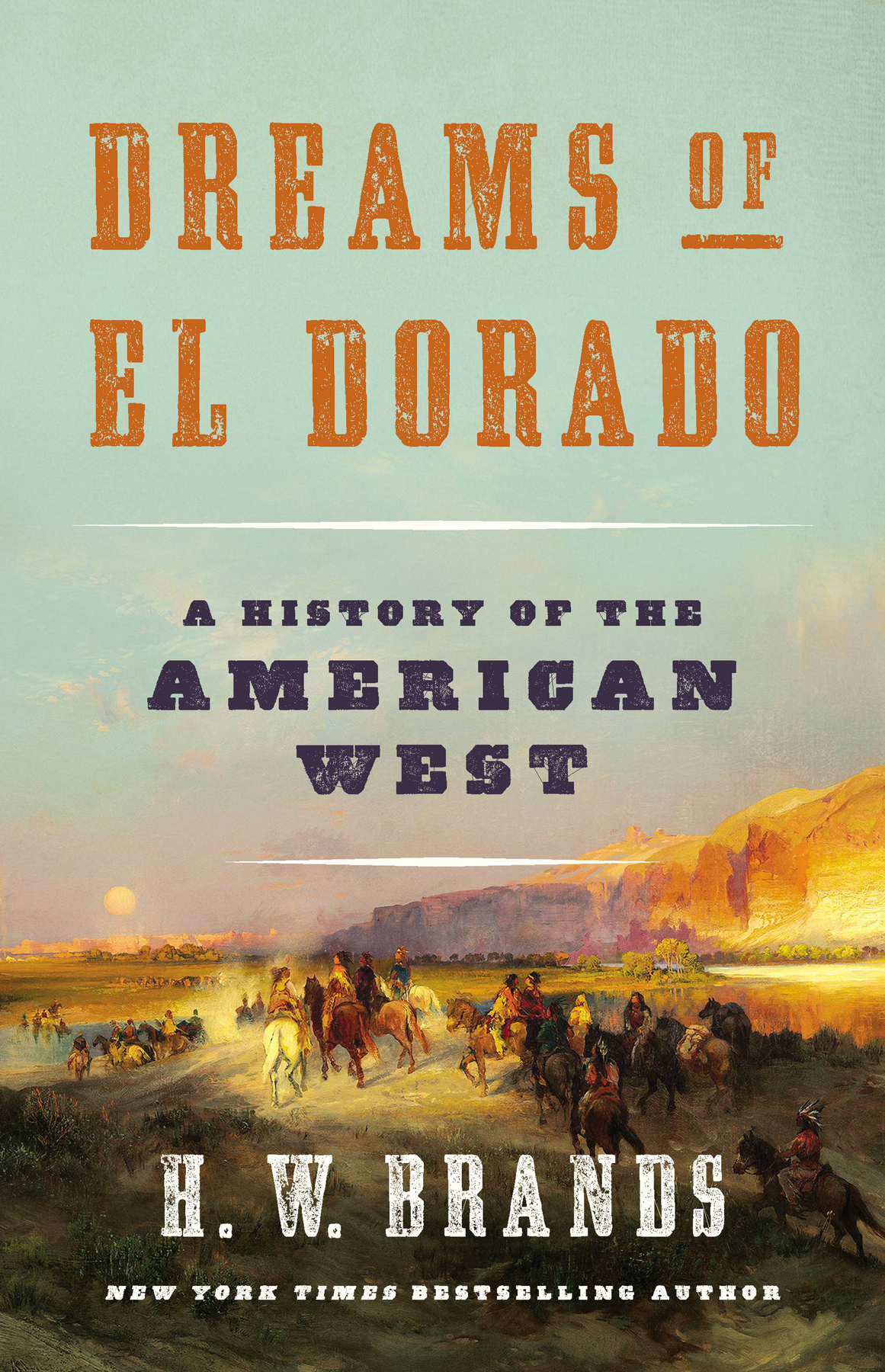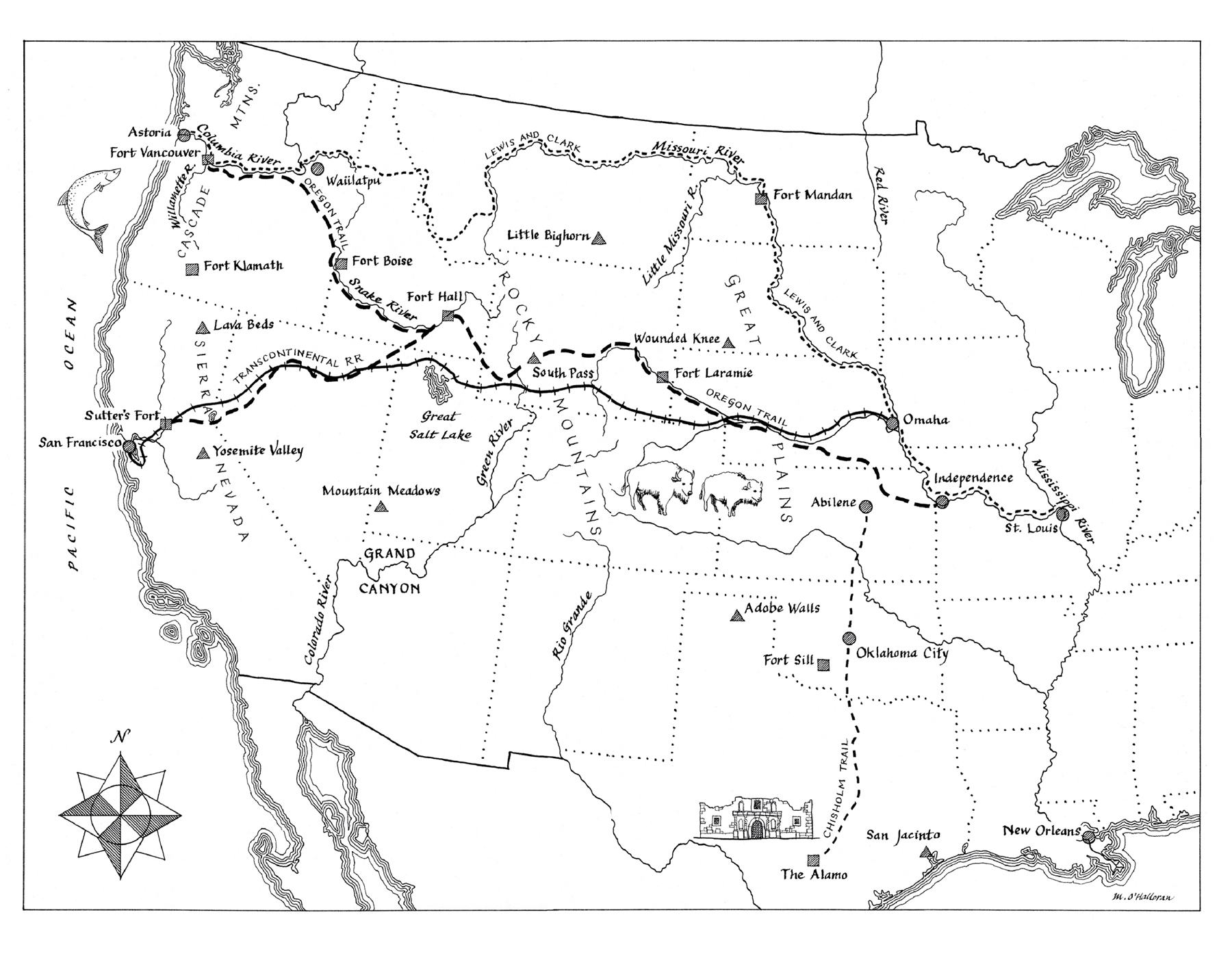F OR T HEODORE R OOSEVELT IT WAS LOVE AT FIRST SIGHT. Which was saying a lot, since Roosevelts first sight of the West didnt show the region to best effect. The young New Yorker, plagued in boyhood by illness and a sense of physical insufficiency, had long dreamed of the West. Its explorers, hunters, soldiers and cowboys became his heroes, the models of the man he struggled to be. On a break from a budding political career, he took a Western vacation in 1883. He rode a train across the prairies west of Chicago and onto the high plains of Dakota Territory. In the middle of the night the Northern Pacific conductor deposited him at the scruffy hamlet of Little Missouri, where the rail line crossed the river of that name. It was bitterly cold, he wrote to his wife, Alice, though the calendar registered early September. And it was some time before, groping about among the four or five shanties which formed the town, I found the low, small building called the hotel. Roosevelt hammered on the door and eventually roused the innkeeper, who cursed him for spoiling his sleep. The visitor was shown to a barracks room, where he spent the rest of the night amid snoring, snorting men the likes of which the silk-stocking Manhattanite had rarely seen, let alone slumbered with.
Morning made him wonder what had brought him to this locale. It is a very desolate place, he wrote, high, barren hills, scantily clad with coarse grass, and here and there in sheltered places a few stunted cottonwood trees; wash-outs, deepening at times into great canyons, and steep cliffs of the most curious formation abounding everywhere. The scenery didnt improve on closer examination. Roosevelt enlisted a guide to show him the Badlands, as the crazily eroded terrain was called. They rode mustangshorses as wild in appearance as the landaround and through the gullies, hoodoos, buttes and cliffs. It was frightful ground, Roosevelt said. And utterly inhospitable. There is very little water, and what there is, is so bitter as to be almost a poison, and nearly undrinkable.
The weather was as dismal as the scenery. The autumn rains commenced upon Roosevelts arrival, and for days the leaden sky poured, drizzled and misted, turning ground that had been dusty days before into a sticky, bottomless gumbo. Roosevelt had come to Dakota to hunt buffalo; he had been told that some of the last remnants of the once uncountable herds had been seen on the Little Missouri. But his guide was reluctant to venture out into the slop. The buffalo knew enough to take shelter, he said; so should hunters. Yet Roosevelt insisted, and offered a bonus. Out they went. They got cold, soaked and muddy. And they found no buffalo. But Roosevelt, who equated tests of the body with tests of the soul, found the experience exhilarating. He had been slightly ailing before coming west. No longer. I am now feeling very well, and am enjoying the life very much, he told Alice.
Eventually the weather broke. His guide located a buffaloa feat the nearsighted Roosevelt could never have managed on his own. Roosevelt skirted downwind of the beast, which was even more myopic than he was, and crawled close enough to get a shot. He fired once, then twice more. The buffalo took off running. Roosevelt thought he might have missed entirely. But he and the guide gave chase, and after crossing a ridge they discovered the buffalo lying dead on its side. Roosevelt whooped for joy and did a victory dance. He pulled out a hundred-dollar bill and gave the guide a bonus.
The experience persuaded Roosevelt to plant a flag in the West. His difficulty finding a buffalo drove home the fact that the West was changing; the indigenous bovines were being replaced by introduced ones: cattle. Roosevelt scouted the opportunities for investment in the cattle industry, and before he left Dakota he designated two locals as his agents, with instructions to buy him a cattle ranch. Believing Westerners more honest than the swindlers he knew in the East, where his political enemies included the grafters of New Yorks Tammany Hall, Roosevelt wrote a check for fourteen thousand dollars and accepted no security beyond a handshake.
He got his ranch and became a cattleman. He struggled to master the arts of the cowboy. To Roosevelt, as to many of his generation in America, the cowboy was the embodiment of the West and of its spirit of rugged individualism. If Roosevelt could prove himself as hardy, as resourceful, as brave and strong as the cowboys who rode the Dakota range, he would have become the man he longed to be.
He made an odd figure for a cowboy. His laconic neighbors chuckled at the Bully! and Deeelighted! that burst from his mouth. His thick eyeglasses earned him the inevitable moniker Four-eyes, which alternated with the Dude. But his determination and stamina eventually won him the respect of his new comrades. He learned to ride like a cowboy, rope like a cowboy, herd cattle like a cowboy, stand up to thieves and other bad men like a cowboy.
He poured his inheritance into his Dakota ranch, and following the untimely death of his wife, he poured his heart into it. Alice had been his only true love, and he was devastated by her loss. He sought refuge on the ranch and in the solitude of the Badlands. He fell under the spell of the West. I have been three weeks on the roundup and have worked as hard as any of the cowboys, he wrote from the range to an Eastern friend. But I have enjoyed it greatly. Yesterday I was eighteen hours in the saddlefrom 4 a.m. to 10 p.m.having a half hour each for dinner and tea. I can now do cowboy work pretty well.


